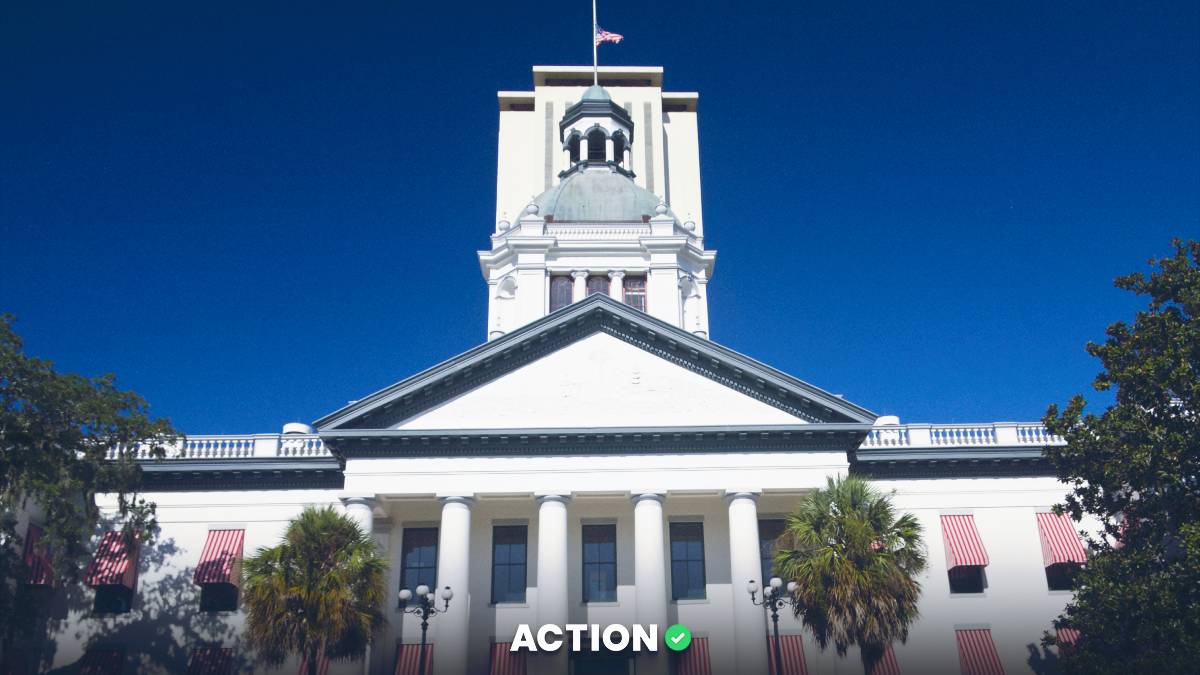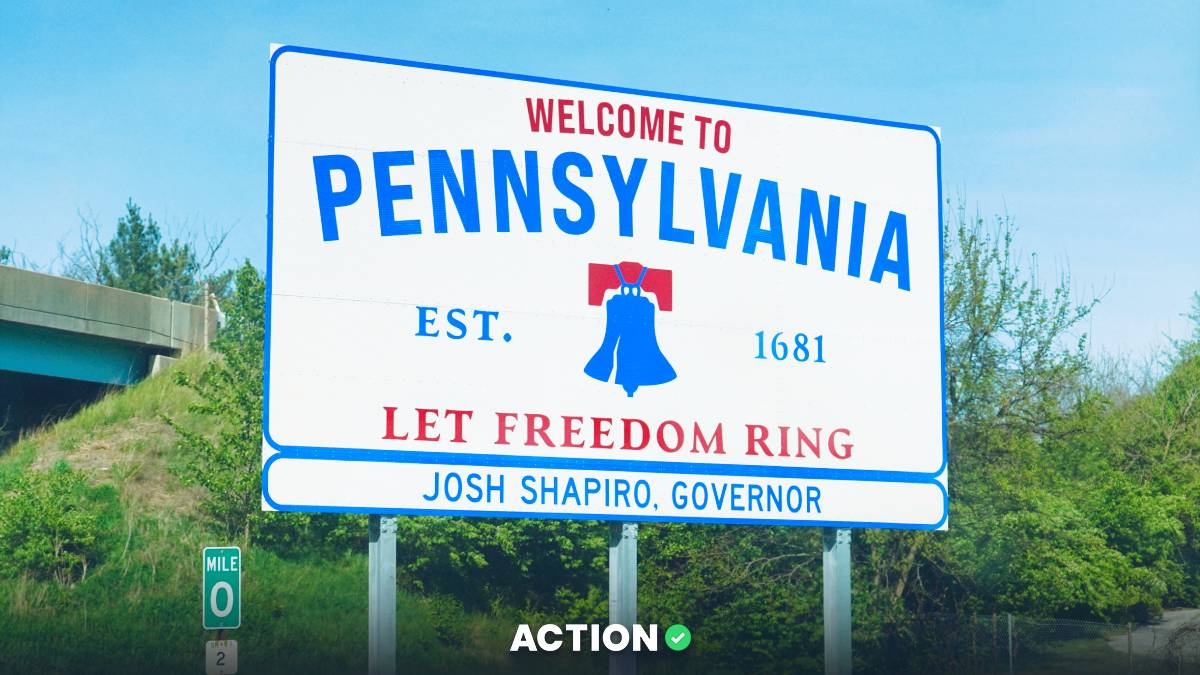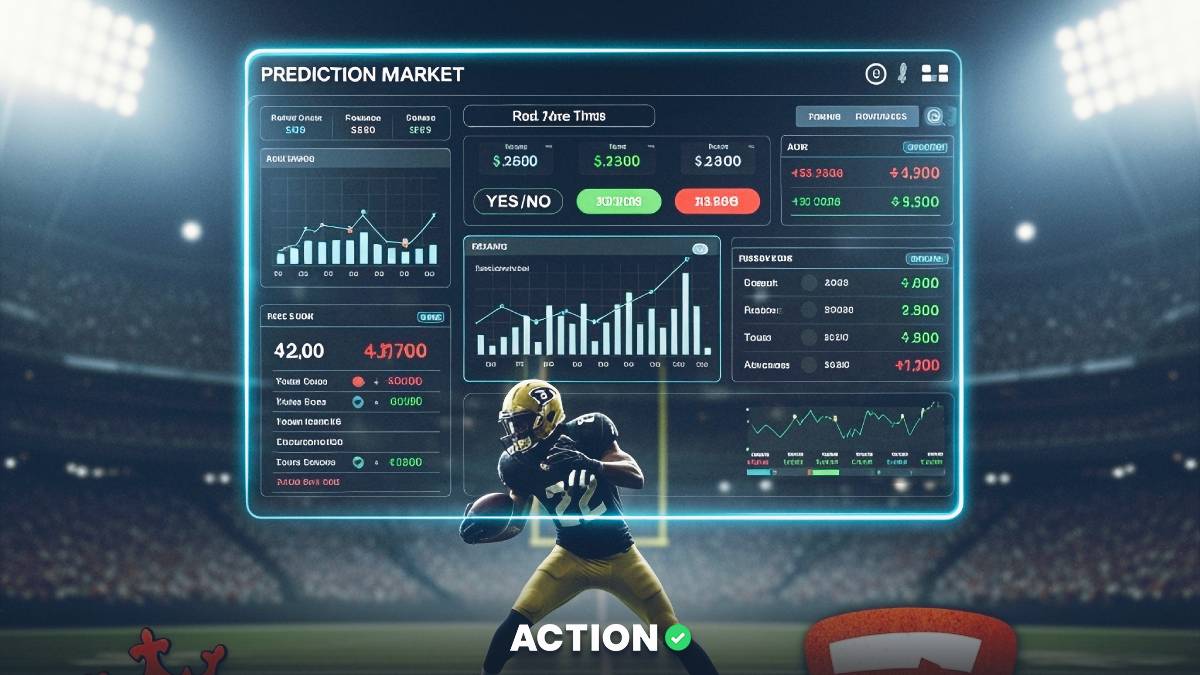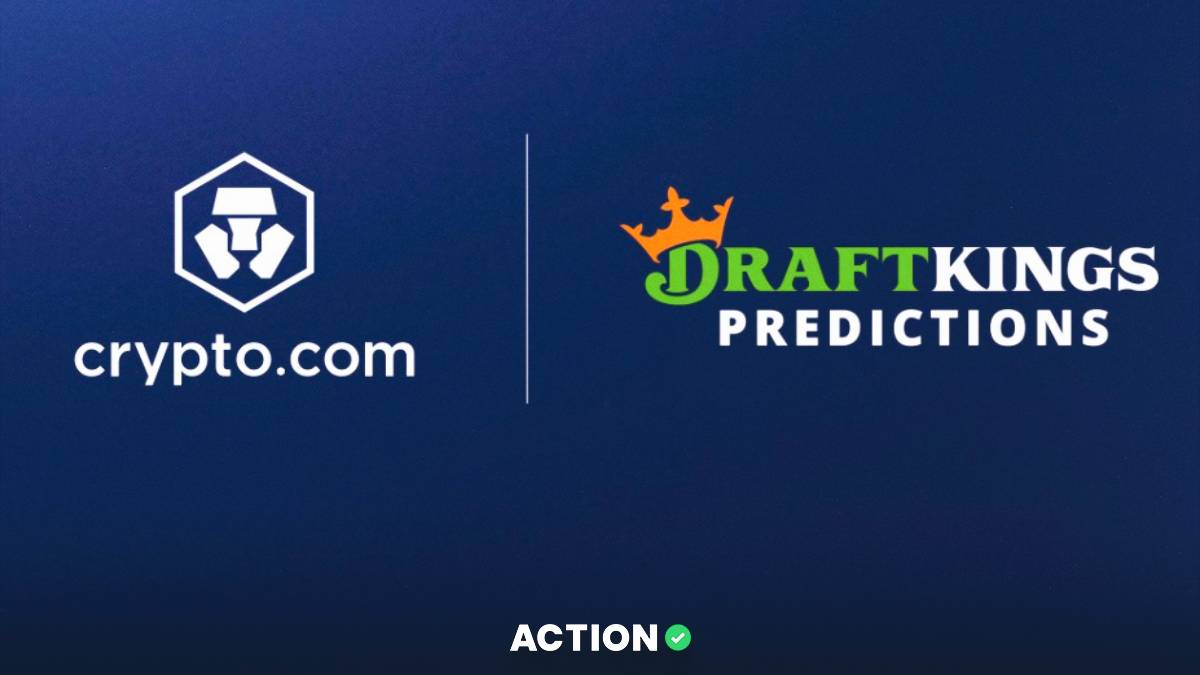Two pieces of legislation in Florida that would have imposed severe restrictions on sweepstakes casinos and digital entertainment were paused indefinitely and removed from legislative discussions.
Florida's Senate Bill 1404 and House Bill 1467 both failed to advance.
This development is seen as a significant victory for those running online sweepstakes casinos in opposition to stricter gambling laws in the state. The question is: how long will it be before the next pushback develops?
What Would Senate Bill 1404 Have Changed in Florida?
Senate Bill 1404, brought forward by Senator Corey Simon, targeted the operation of online sweepstakes casinos and other forms of online gambling.

It would have limited online sweepstakes casinos and non-tribal mobile sports betting in Florida. The bill aimed to ban internet casino gaming and mobile sports betting, which were not part of the state’s exclusive agreement with the Seminole Tribe, known for operating the Hard Rock brand.
What Did House Bill 1467 Seek To Change in Florida?
House Bill 1467 aimed to penalize sports betting activities that didn't use the Hard Rock platform with criminal charges.

This bill was part of a wider set of rules that also wanted to close loopholes in lobbying activities connected to the Florida Gaming Control Commission. Additionally, HB 1467 suggested giving the Commission more control, including oversight of daily fantasy sports, which have been in a gray area in terms of regulations in Florida.
SPGA Applauds Lawmakers' Decision
The Social and Promotional Games Association (SPGA) calls Florida lawmakers' decision a victory for consumer choice and common sense.
They say the bills would have criminalized popular sweepstakes promotions by major brands, such as Marriott, McDonald's, and Starbucks.
The SPGA emphasizes the need for smart and balanced regulation. “This is a huge win, not just for the industry, but for every Floridian who values economic freedom and digital innovation,” stated the SPGA spokesperson. The organization urges lawmakers nationwide to collaborate with stakeholders to develop sensible regulations that promote consumer choice and innovation rather than stifle it.
Critics argued that passing these bills would exacerbate Florida’s budget deficit by curtailing legitimate economic activity and stifling business and innovation.
Another State To Pass on Restricting Sweepstakes Casinos
The rejection of these proposals in Florida is part of a national pattern where laws that hinder innovation and businesses are being turned down.
Recently, similar bills were rejected in Arkansas, Maryland, and Mississippi. However, states like Pennsylvania,New York, and New Jersey continue to fight the fight.
The History of Florida Casino Laws
Florida has had a complicated relationship with gambling. Initially, all forms of gambling were outlawed. However, over the years, Florida's stance evolved.

Betting on horse racing was legalized, followed by the establishment of high-stakes bingo and poker at pari-mutuel facilities. The Seminole Tribe opened the first tribal casino in 1979, leading to further negotiations regarding gaming expansion on their lands.
In the meantime, online gambling presents a different challenge altogether. Currently, Florida's laws regarding online casino gaming remain restrictive.
While online sports betting briefly became possible through a deal between the Seminole Tribe and the state, the subsequent legal battles led to its suspension. Currently, online casinos in Florida remain largely illegal, with stakeholders still debating how best to regulate this burgeoning industry.
The Battle Over Sweepstakes Casinos May Not Have Ended
Efforts to restrict online sweepstakes casinos and non-tribal mobile sports betting in Florida have faced a setback but aren't entirely halted. Although Senate Bill 1404 and House Bill 1467 were defeated, this is just one stage in the ongoing battle for those supporting sweepstakes casinos.
As states work through the challenging issues related to regulating traditional and online gambling, ensuring consumer choice is a key part of these legislative discussions.









